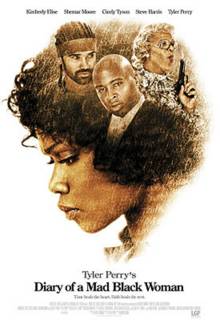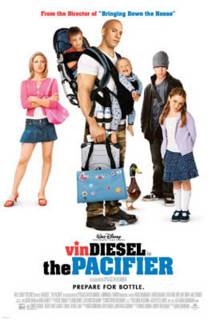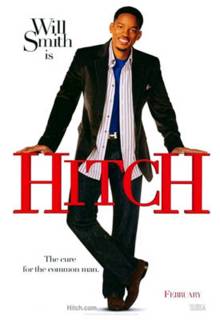
This dark, comic melodrama starts out with a very promising lead. Kimberly Elise is Helen. She has been married for eighteen years to Atlanta socialite-lawyer Charles McCarter (Steve Harris). On the night of their anniversary, Charles literally drags her out of their mansion as he brings in his new sweetheart.
As Helen picks herself up from the humiliating abandonment of her husband she meets Orlando (Shemar Moore), the U-haul driver her husband conveniently hired to drive her out of their house. They start out on a bad note and Orlando finds himself kicked out of the truck in the middle of nowhere.
Helen, confused and penniless, moves into her grandparents' house. With the assistance of his cousin Bryan and the prodding of her homicidal grandma Madea, she sues Charles for a part of their money.
Until this part the movie was still doing okay until you start realizing that something seems odd with the actor portraying Madea. She bears an uncanny resemblance to the actor portraying Bryan and to the actor playing Grandpa Joe. Finally, you get to realize that all three are being portrayed by one person. At first, it appears to be inspired casting but the moment you start noticing the actor more than the developing characters and story, then it makes for a bad case of miscasting.
Tyler Perry does three characters in this movie and however you look at it, it was an awful judgment that sent the film declining into mediocrity. Whoever gave Perry the idea to portray three characters when three different actors could have done it is beyond me. Sure, Perry is a famous Broadway playwright but that doesn't excuse his seeming self-aggrandizing exercise in a film that had the makings of greatness. To be fair, Perry can act and if this was a stage play he would surely get the loudest cheer from me. Sadly, however, the medium here is different and in the movies the element of characterization is essentially rooted in proper casting.
However, there are still finer aspects in this movie that cannot be completely overshadowed by the scam of Perry chief of which are the performances of Kimberly Elise and the adorable Cicely Tyson.
Elise fits perfectly the scorned wife role. She oozes with charm in her scenes with Moore and billows a perplexing rage when she finally had the upper hand against her deceitful ex-husband.
In the film's final church scenes showing the renewal of faith of several characters, the writer whips up the traditional soul movie formula with the hysteria of melodrama and it was wonderfully executed. For that, I credit Mr. Perry for his writing. |


